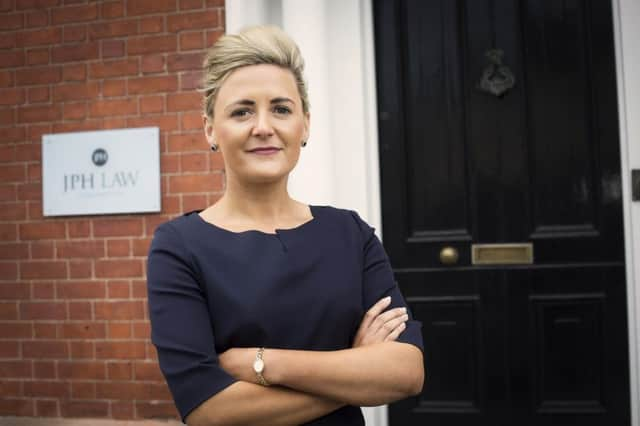BREXIT: The legal perspective


British farmers currently receive between £2.5 and £3 billion a year through the Common Agricultural Policy, and have vital unobstructed access both to the European marketplace and to the labour which comes with the free movement of workers principle of EU law.
However, by the same token, there is an argument that these benefits are outweighed by the drawbacks, with many farmers feeling bogged down by the perceived red-tape and bureaucracy of the EU.
Advertisement
Advertisement
Unfortunately for many people trying to make up their mind, the campaign so far has raised more questions than answers. Claim and counter-claim has been made, but there has been little in the way of concrete fact.
While there is endless discussion and debate about the economic and social implications of so called “Brexit”, there is at least clarity in terms of how a British exit would operate legally.
In the event of a vote to leave, the British government would trigger Article 50 of the Treaty on European Union. This commences a process whereby the UK and the EU would try to negotiate a ‘withdrawal agreement’ which would define the framework for the UK’s future relationship with the Union.
Throughout this process, EU law would still apply here and the UK would continue to participate in other EU business as normal. It would not, however, participate in internal EU discussions or decisions regarding its own withdrawal.
Advertisement
Advertisement
The European Treaties would cease to apply either when the withdrawal agreement is finalised, or, as a general rule, two years after negotiations have begun, whichever is the first to occur.
Although the process is triggered legally, the negotiation itself is a political exercise, and the resulting deal for farmers would be the product of the political priorities and clout of the government during this period.
It would also be for the government to decide how best, and most practically, to deal with the broader mass of European law which has filtered into the British system over the years.
Whether we stay or go is undoubtedly a difficult decision, indeed, it is one of head versus heart for many. We are currently running a Brexit vote on our website at www.jphlaw.co.uk/brexit/ and would be grateful for your opinions to provide a basis for our article next month which will look at some of the key issues for the farming community to consider.
Advertisement
Advertisement
Kate Ervine is a Director in Commercial Property and Probate at Portadown based solicitors firm JPH Law Limited. For further information on JPH Law visit: www.jphlaw.co.uk or contact Kate on [email protected] T 028 38 333 333